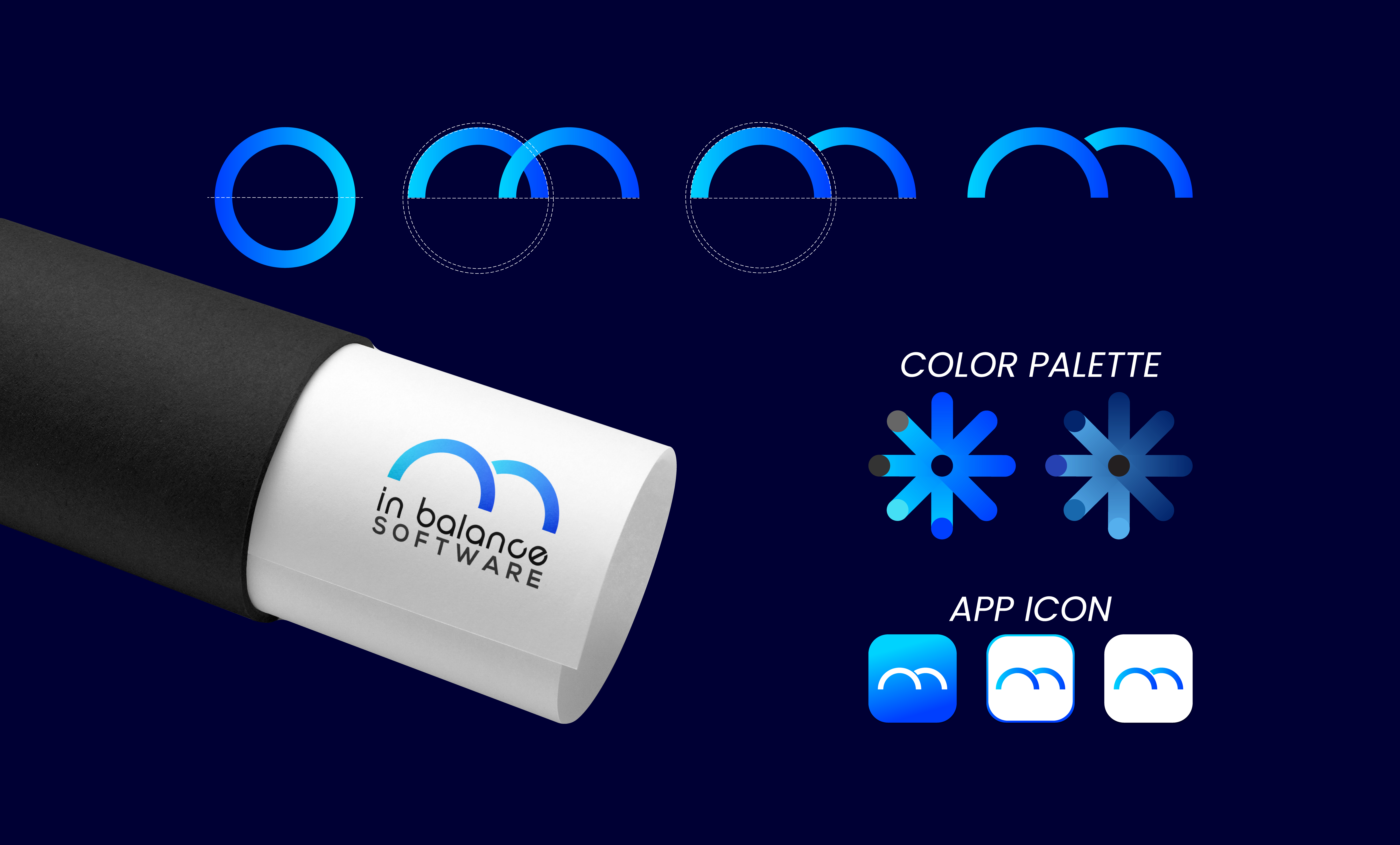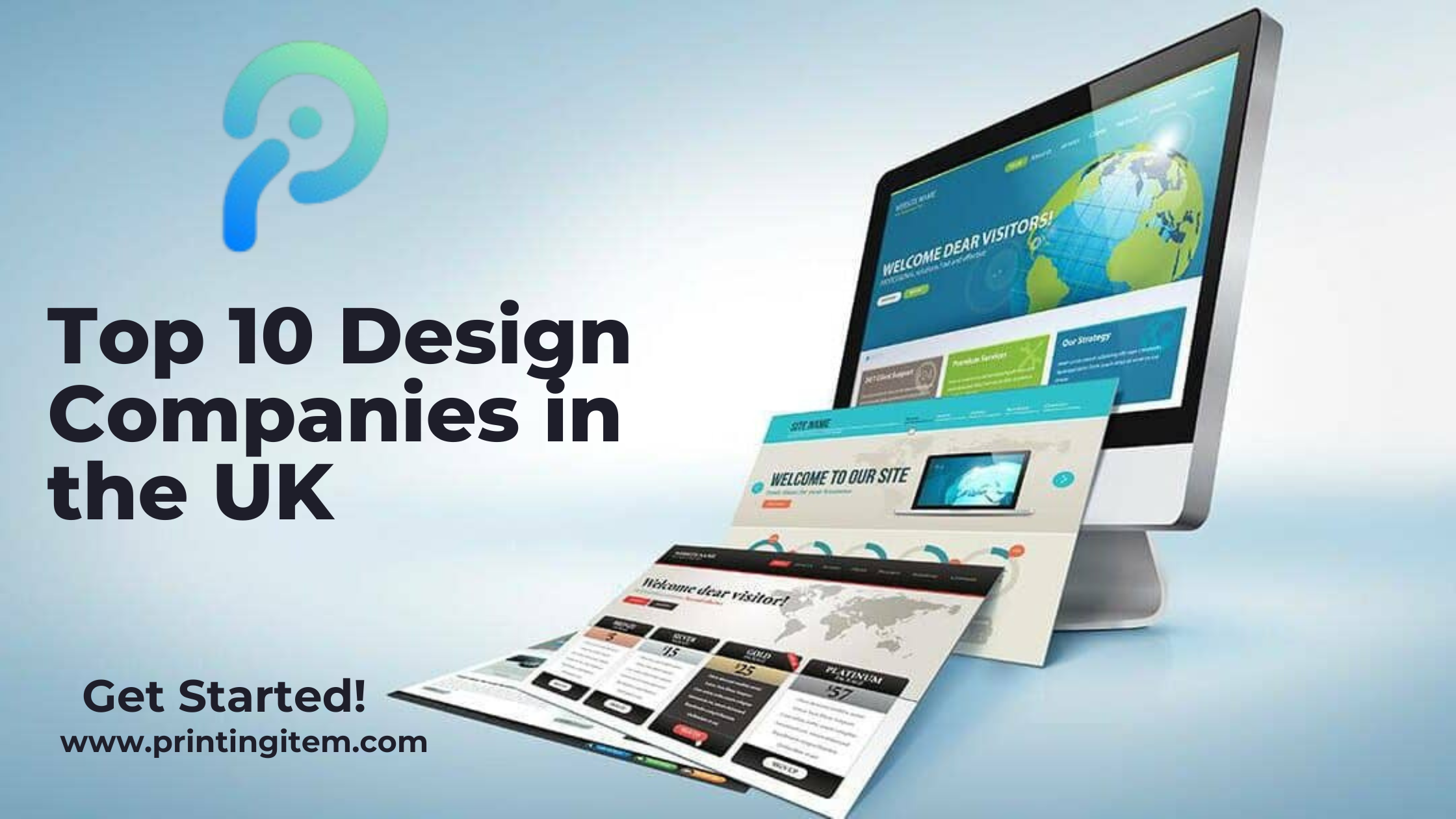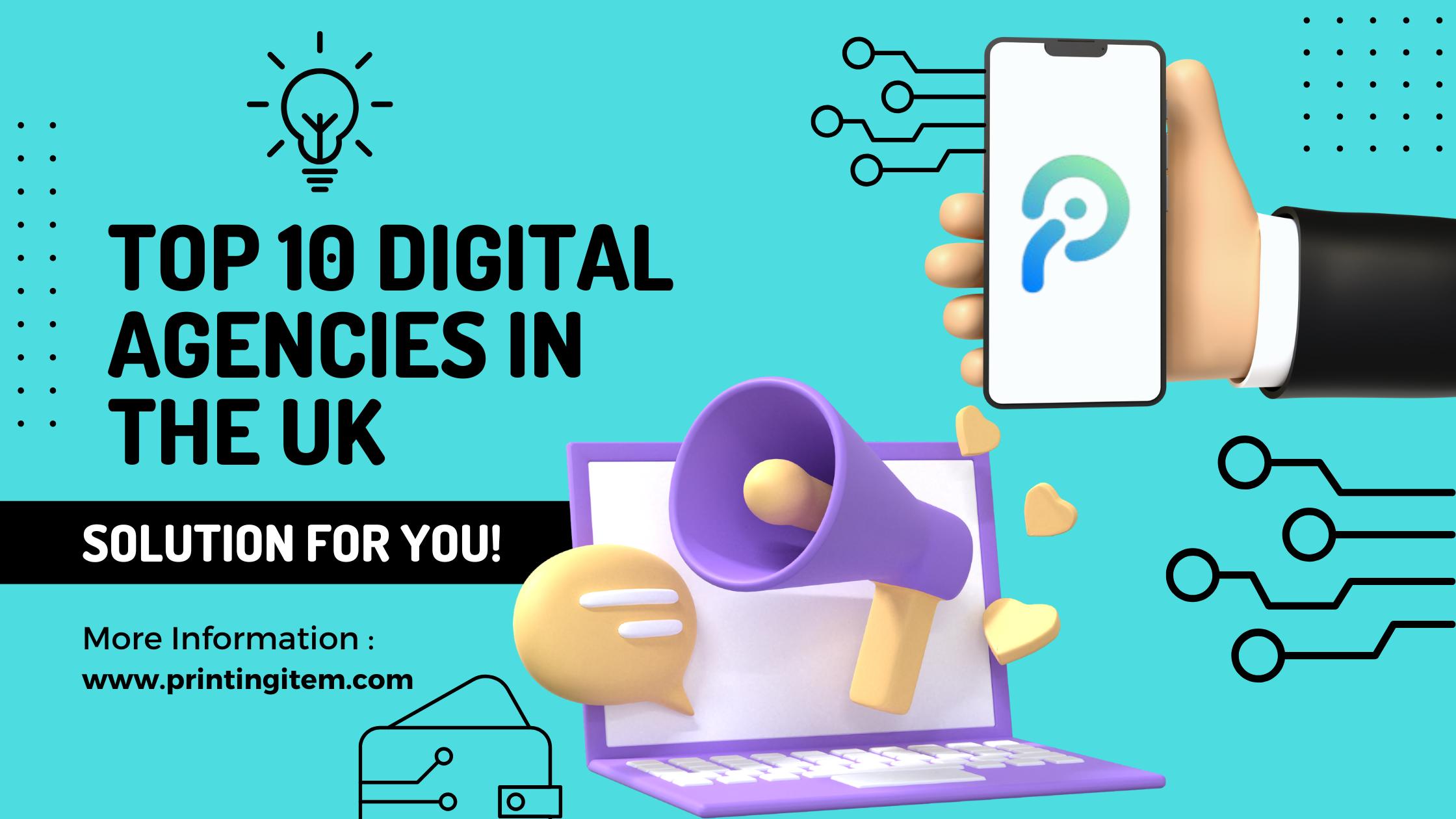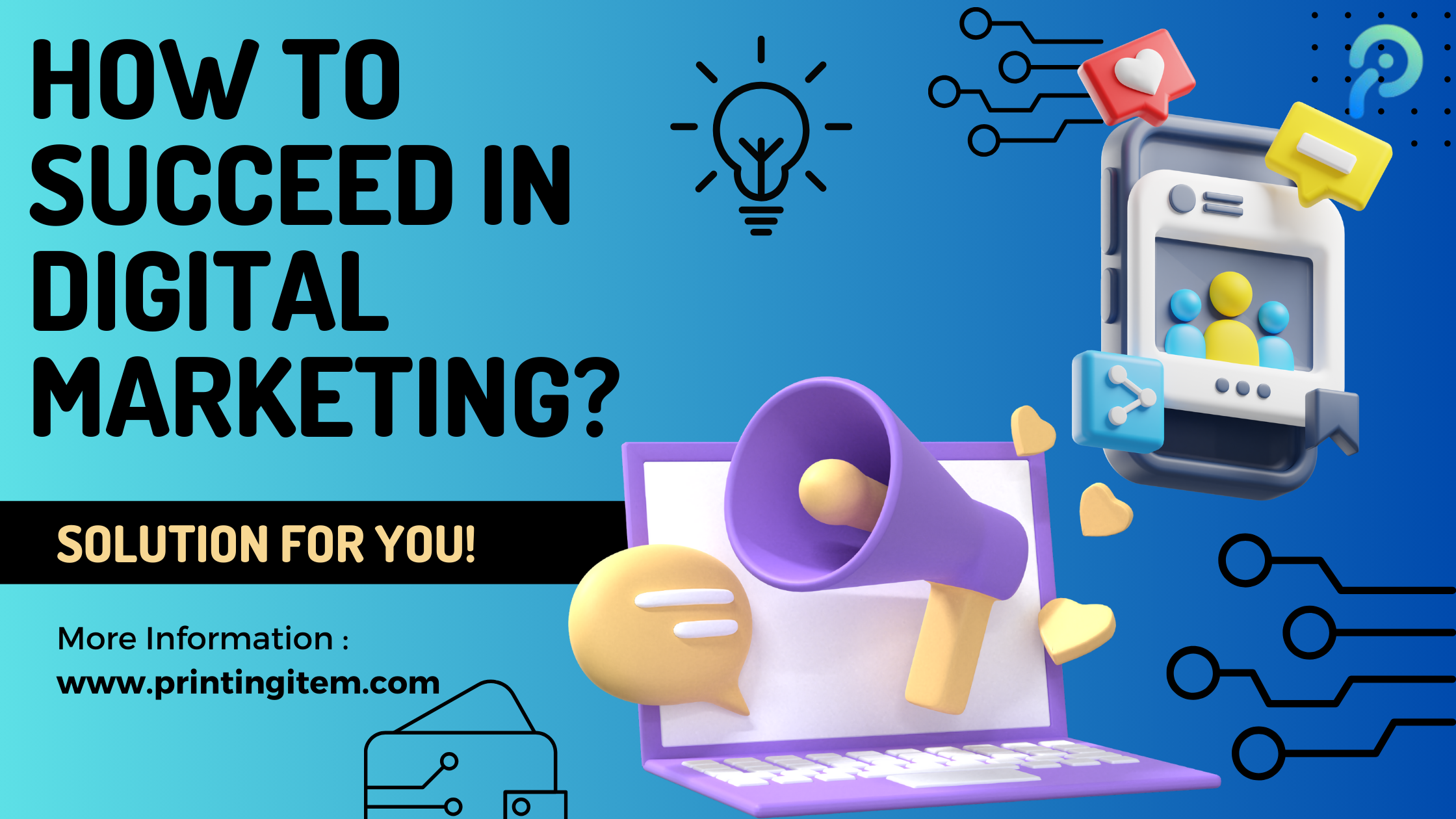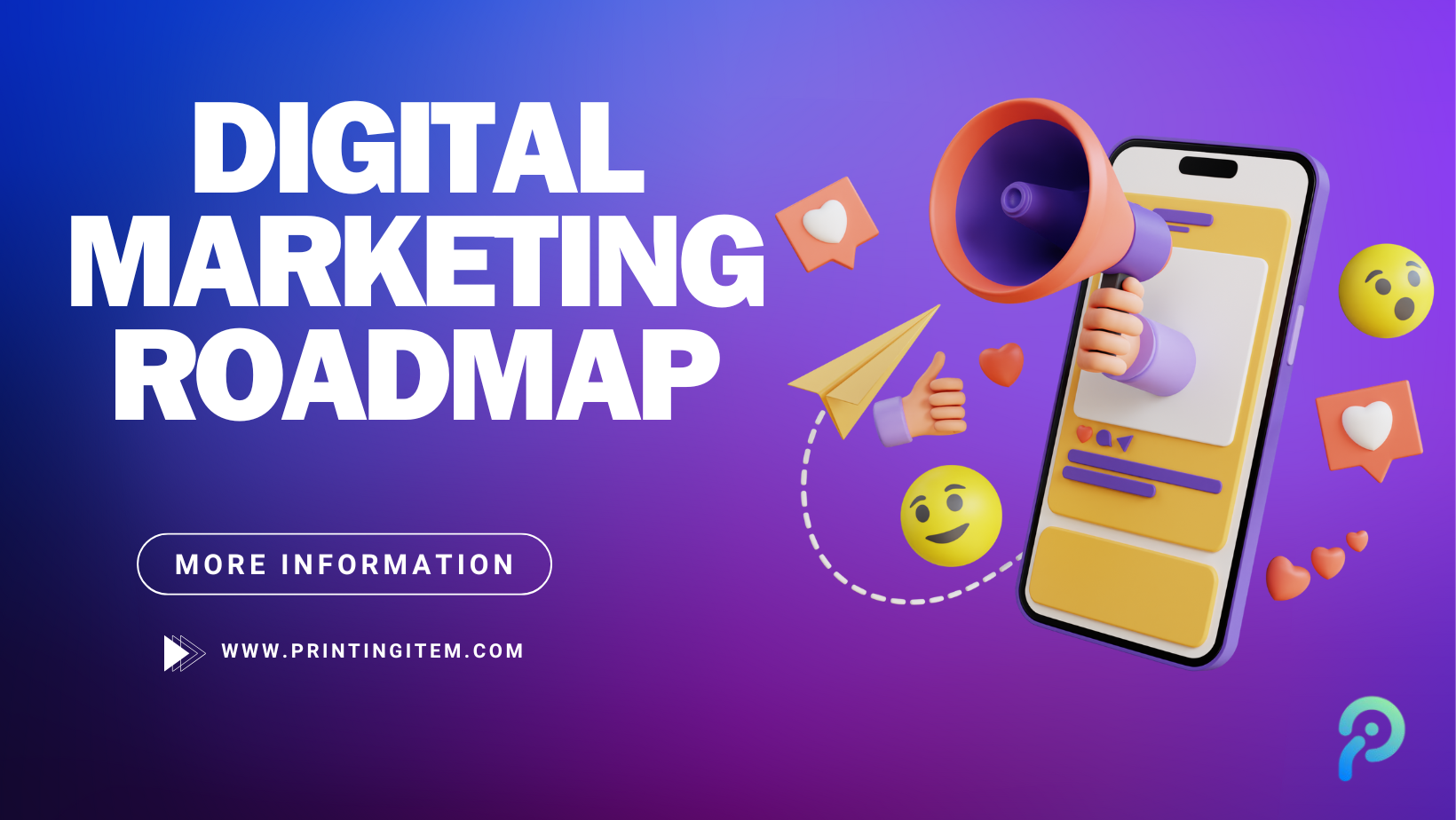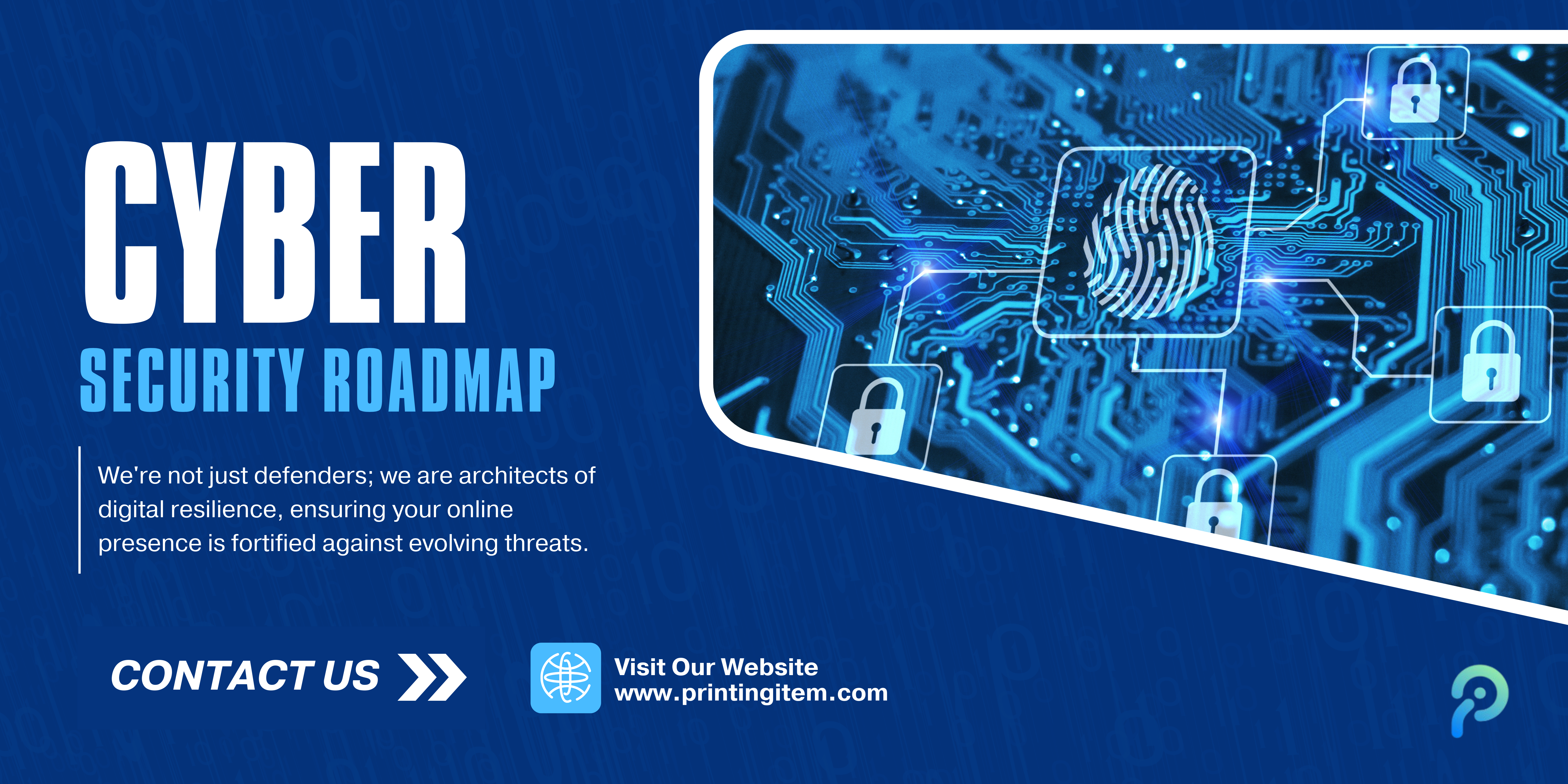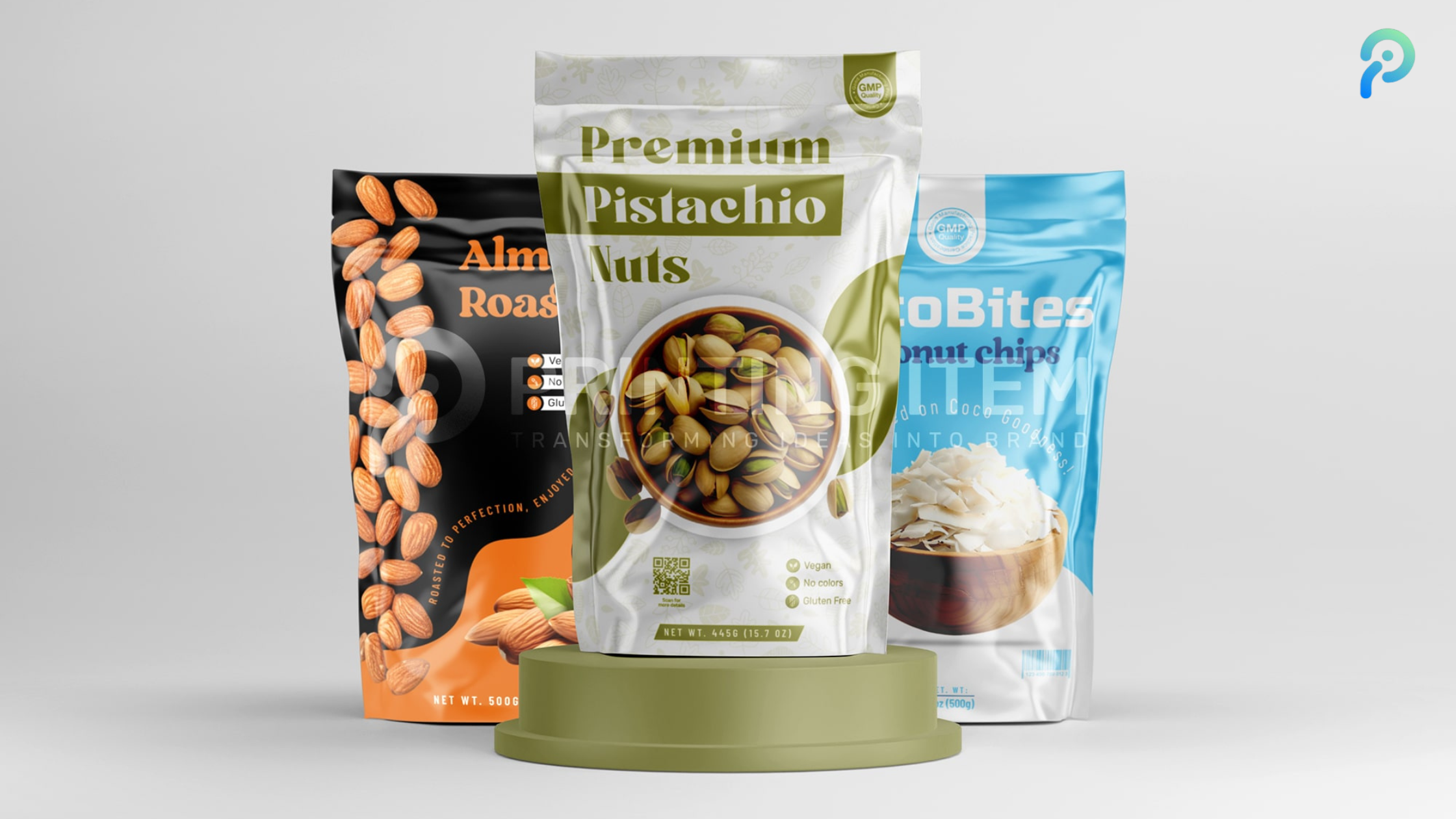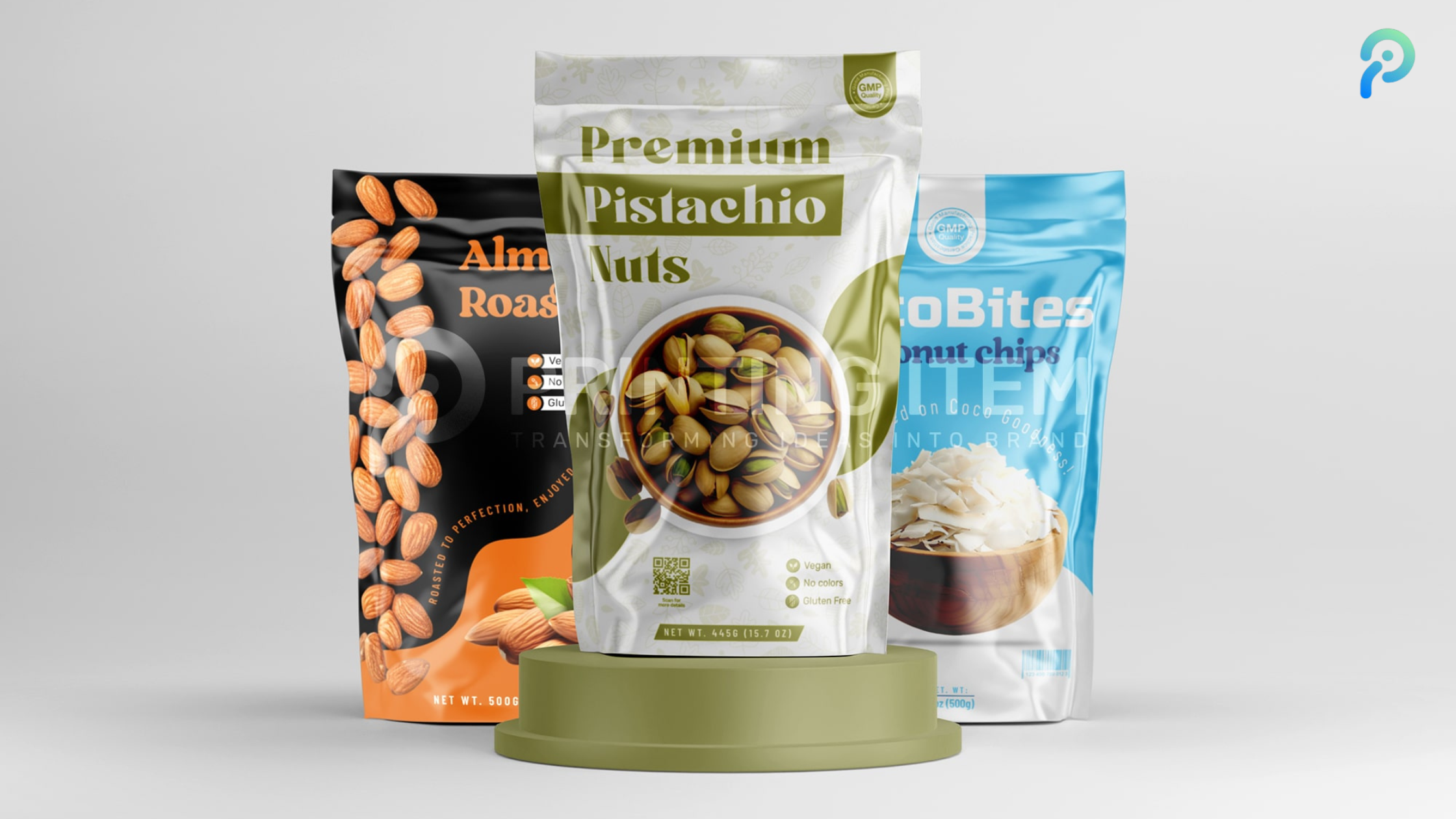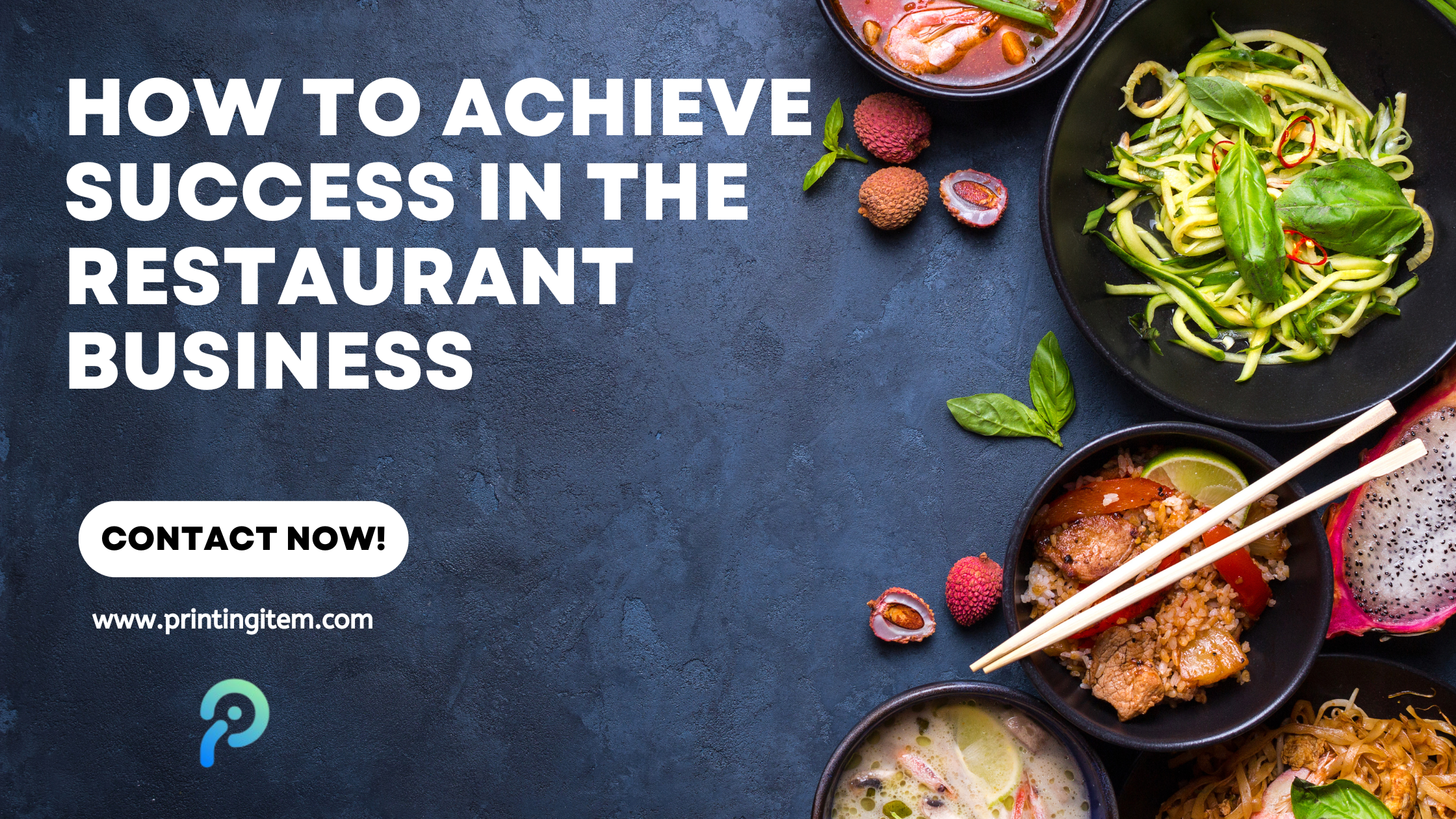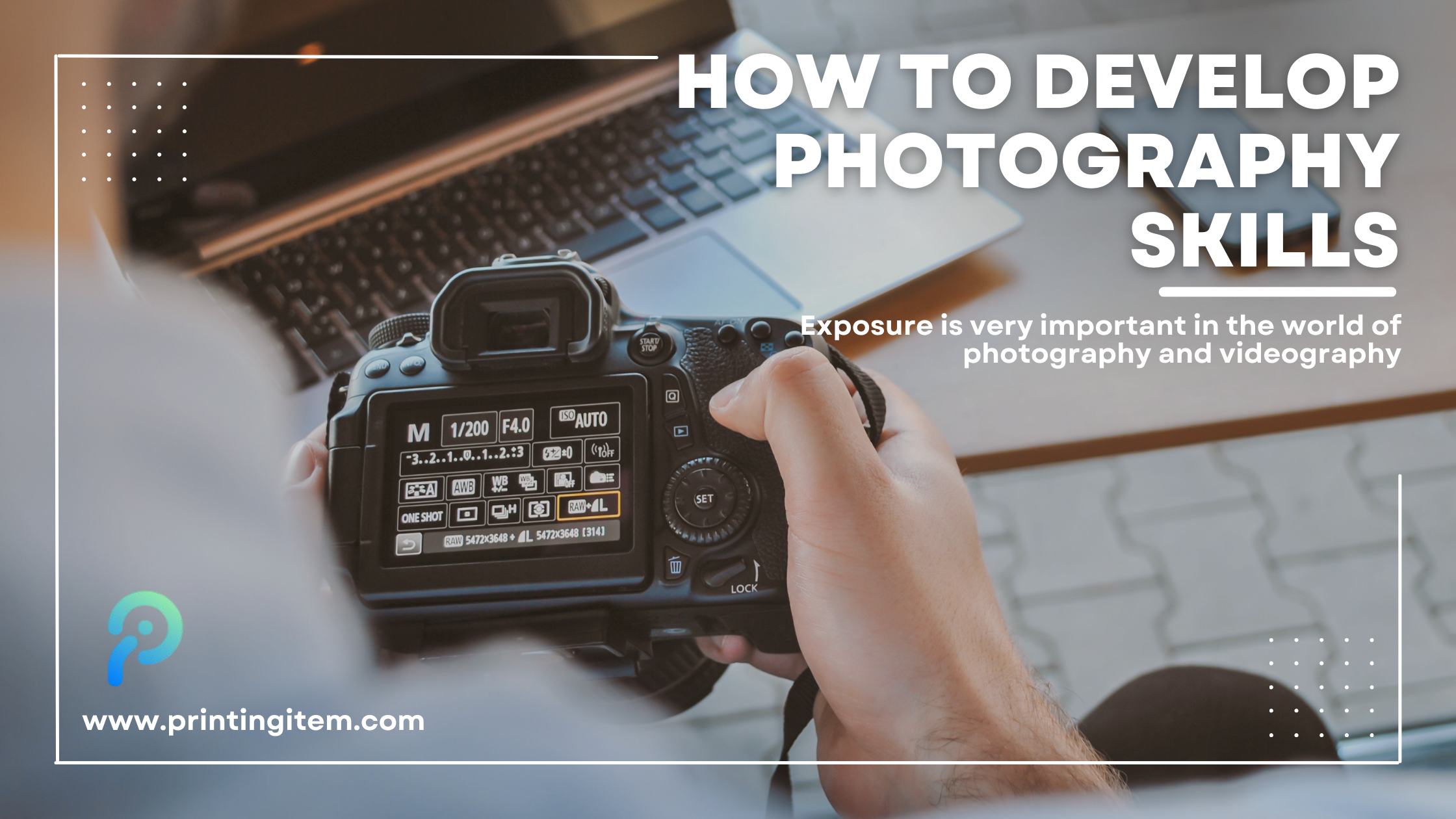
Today, personal branding in the digital world is no longer an option; it's a requirement. A strong personal brand opens new opportunities, establishes authority within a selected niche, and allows leaving impressions on one's audience. This article provides 10 actionable and unique ideas for building a powerful personal brand that stands out in a competitive landscape.
1. Define Your Unique Value Proposition (UVP)
A well-defined UVP is at the core of any successful personal brand. This is the heart of what you bring to the table that separates you from everyone else.
Start by Asking Yourself:
What are your strengths and skills?
What problems can you solve better than others?
What are you passionate about?
For example, instead of saying, "I'm a writer," your UVP could be, "I help businesses increase customer engagement through compelling storytelling."
Action Step: Now, write one-liner taglines that reflect your UVP and use them across your social media bios and website.
2. Make a Personal Website
Making a personal website for showcasing your works, projects &
Key Items to Include:
About Me Page: Tell the world about your journey, achievements, and what you stand for.
Portfolio or Case Studies: Provide examples of how you do your thing.
Blog: Insightful posts on topics relevant to your niche are a great way to show thought leadership.
Contact Info: Make it easy for visitors to reach you.
A well-designed, mobile-friendly website boosts your credibility and helps you rank in search engine results, improving visibility.
SEO Tip: Optimize your website with keywords related to your expertise to improve search rankings.
3. Create a Consistent Visual Identity
Your visual identity—colors, fonts, logos, and images—plays a huge role in how your audience perceives you.
Steps to Build Visual Consistency:
Choose a color palette that relates to your personality or your brand message.
Use the same profile picture across all platforms for recognition.
Invest in professional photos and utilize high-quality graphics in your content.
With tools like Canva or Adobe Spark, it's pretty easy to make really nice-looking graphics that match your brand.
4. Leverage Social Media Effectively
Social media is where your audience is hanging out, so for personal branding, it is a necessity. The trick is selecting platforms that best fit your niche and creating continuous value-based content for your audience.
Social Media Content Ideas:
Publish behind-the-scene actions of your projects.
How-to guides, tips, or videos to solve day-to-day problems of your audience. Celebrate milestones; show appreciation to your community. Consistency speaks volumes; post as frequently as possible and keep your audience engaging with comments and private messages. SEO Tip: Remember to include relevant hashtags and keywords in your caption for better discovery. 5. Demonstrate Thought Leadership It helps in the positioning of authority and building trust in one's niche. Ways to Demonstrate Thought Leadership: Writing guest posts on high-authority websites or industry blogs.
Conferences, webinars, or speaking on a panel can be an option for this outreach. Create content-based material targeting your niche, whether via a podcast or YouTube channel. Action Step: Use LinkedIn and Medium as platforms to publish long-form, in-depth articles that showcase your personal brand as a credible voice in your field.
SEO Tip: Whenever creating content, target keywords that are long-tail and related to your niche.
6. Build a Strong Network
Your network is your net worth.
Networking Tips:
Attend industry events, both online and offline.
Comment meaningfully in the posts of professionals on LinkedIn.
Participate in sharing and gaining knowledge within groups related to your niche, on Facebook, LinkedIn, or even Reddit.
Networking isn't about collecting contacts; it's about relationships. Give value first; the benefits will come afterward.
7. Content Marketing to Give Away Your Expertise
Content marketing is one of the most influential ways to build trust and attract your target audience. Develop content to either educate, inspire, or solve your audience's problems.
Content Formats to Consider:
Blog posts
eBooks/downloads
Videos/webinars
Infographics
The more value you provide, the better your audience will remember you.
SEO Pro Tip: Use keywords within your content to create better visibility within search engines.
8. Collect and Highlight Social Proof
Social proof—testimonials, reviews, and endorsements—enhances your credibility and builds trust.
Ways to Build Social Proof:
Ask satisfied clients or collaborators for testimonials.
Showcase endorsements from industry leaders or influencers.
Highlight awards, certifications, or accolades you’ve earned.
Displaying social proof on your website and social media can significantly influence how others perceive your brand.
9. Stay Authentic and Relatable
Authenticity is the core behind every successful personal brand. People want to be able to understand and relate to a person they can trust.
How to Be Real:
Share your journey with others-stories about overcoming and failing, not only about success.
Let your personality filter into your communications style.
Match your actions and messaging to your core identity.
When people can see the real you, they're going to naturally connect and engage with your brand.
10. Continuously Learn and Evolve
Personal branding is never static; it is a dynamic evolutionary process of growth and adaptation.
Commit to Lifelong Learning:
Stay updated with trends in your industry.
Enrich your skills through courses, workshops, or certifications.
Share your learning with your audience to help solidify your expertise.
SEO Tip: Refresh older content on your website or blog to ensure it remains relevant and ranks well in search results.
Conclusion
Building a personal brand requires time, effort, and consistency, but it's well worth the rewards. Defining your UVP, leveraging social media, creating value with content, and remaining authentic will develop a strong presence that resonates with your audience.






